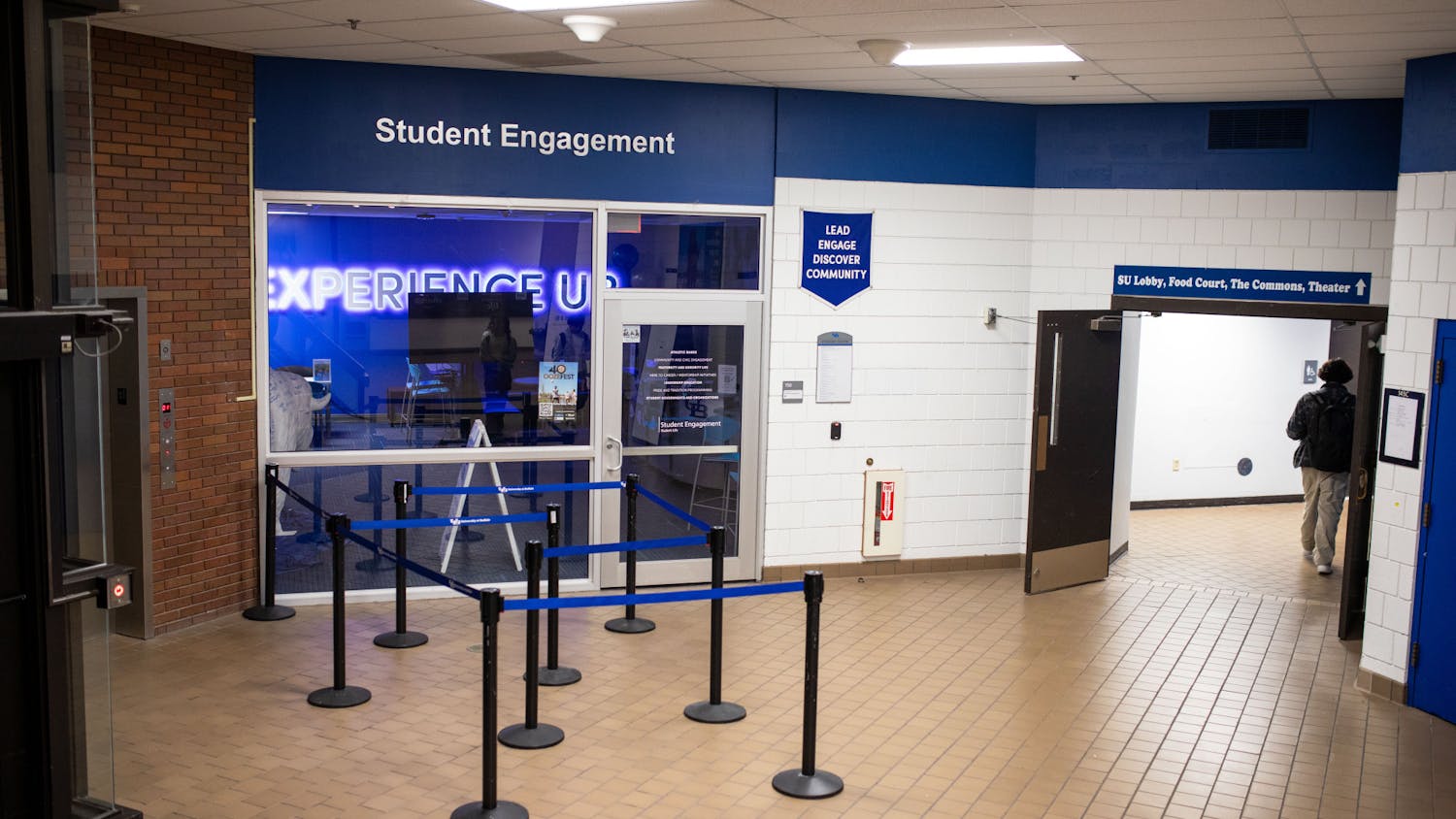Last semester marked the first in which mandatory Web grading was put into effect for all professors, forcing them to leave bubble sheets and pencils behind and embrace the new method of entering grades previously used only on a trial basis.
Web grading, proposed as the mandatory system of grading last semester by William Baumer, chairman of the Faculty Senate Grading Committee, was instituted in hopes of reducing errors on transcripts and saving time and resources.
"I preferred it before we got into it as mandatory," said Baumer, who has been using the Web grading system since the spring semester of 2002. "I haven't heard any complaints. I used it, it worked fine."
Mark Umstead, a sophomore aerospace engineering major, said he received his grades three weeks before they were due to be posted.
"I got them a lot sooner (this year). Most of my grades were out a lot sooner than they were supposed to be," he said.
While Umstead said grades were available sooner, however, some students said they did not notice a difference from previous semesters.
"They were pretty much there when they were supposed to be there," said Brian McKenzie, a senior psychology major.
Though Baumer cited saved time as a major advantage to the new Internet-based system of grading, it is this feature that history Professor David Gerber dislikes about the system. Gerber, who is teaching this semester after being on leave since December 2001, said the new system will make him feel "hurried."
"It just seems to suggest ... I have the feeling that it has to get done quickly. I feel that they should be done by the time I turn off my machine."
According to Gerber, the old, paper-based system is "ultimately a fairer way of grading," because it encourages professors to take more time.
According to Baumer, though, grading errors will occur less frequently with Web grading. He said the report for Spring 2002 showed that the staff in the grading office had to correct 10 percent of the submitted paper grades, including duplicate grades for a single student or no grade entered at all.
"I anticipate (this percentage) will be much lower. ... The stuff they were catching were things the machine wouldn't pick up," he said.
William Menasco, professor of mathematics, said he likes Web grading but is not convinced that a substantial amount of time is saved using the system and that he still has to do the same amount of work.
"It seemed to go smoothly, I didn't have too much of a problem with it," he said. "There is still some paperwork to do, it isn't as much and I don't know if there is time saved or not."
Menasco said a written version of his grades still had to be compiled for administrators who need access to his grades, and paperwork is still necessary for students receiving incompletes.
Despite the remaining paperwork, many students feel it is important for professors to embrace Internet technology.
"If they require students to use (computers) for papers and all that, then it's nice to know that the professors know how to use them too," said Tim Olewniczak, a sophomore history major.




